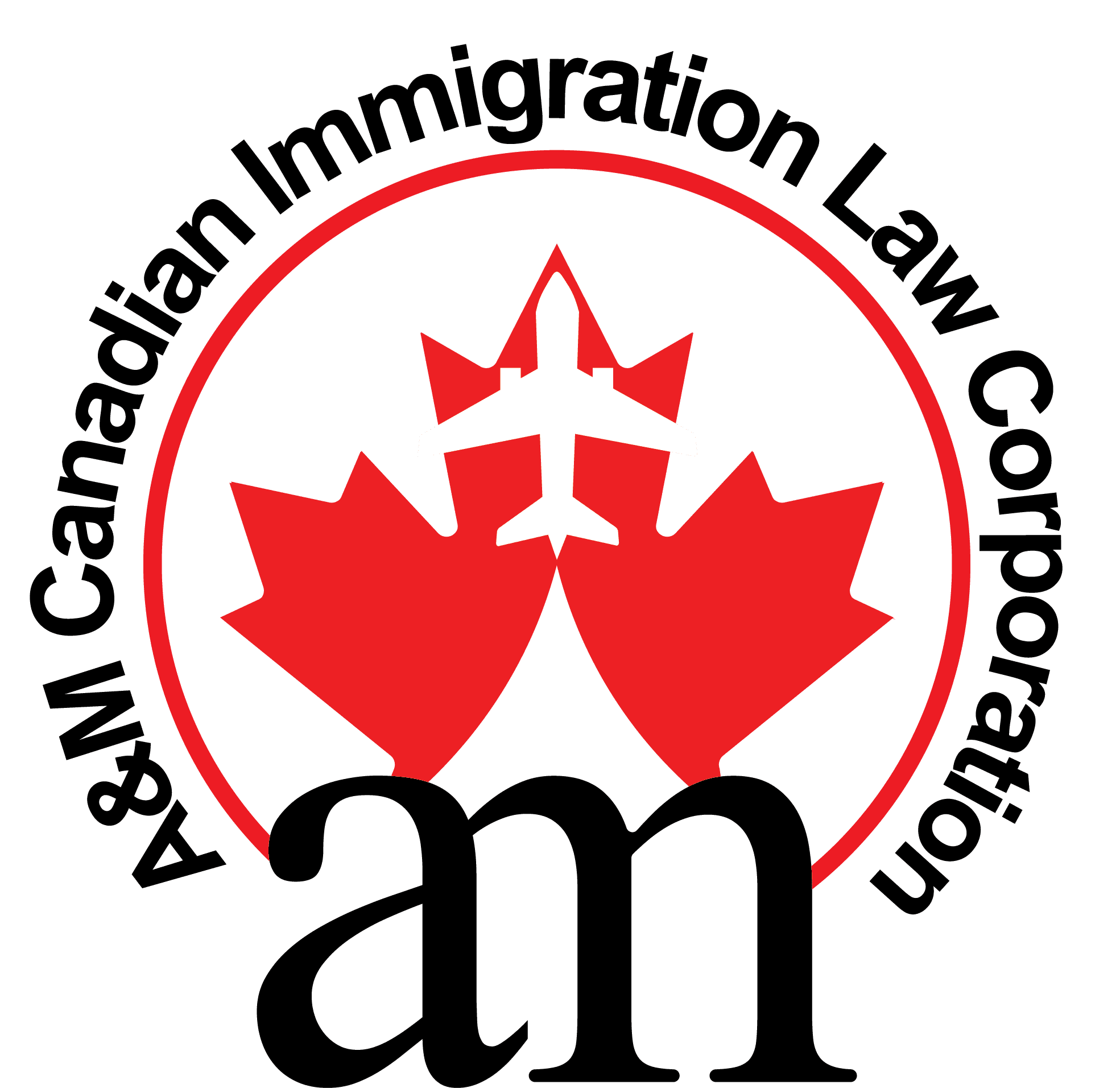Super Visa for Parents and Grandparents
A&M Canadian Immigration Law Corporation
Super Visa for Parents and Grandparents
Canada’s Super Visa program allows parents and grandparents of Canadian citizens and permanent residents to visit their families for extended stays. Unlike a regular visitor visa, which typically allows only six months per entry, the Super Visa is valid for up to 10 years and permits stays of up to
five years at a time.
The program was designed to promote family reunification while ensuring that visitors remain financially self-sufficient and do not place a burden on Canada’s healthcare system.
Key Eligibility Requirements
To qualify for a Super Visa, applicants must meet several requirements:
1. Relationship to the Sponsor
- Must be a parent or grandparent of a Canadian citizen or permanent resident.
- Proof of relationship (birth certificate, family registry) must be provided.
2. Sponsor’s Financial Capacity
The Canadian sponsor must:
- Provide a signed invitation letter promising financial support.
- Show proof of income above the Low-Income Cut-Off (LICO) based on family size.
- Submit:
- Most recent Notice of Assessment (NOA) from CRA.
- Employment verification (job title, salary, and tenure).
- Pay stubs and bank statements.
In Rocha v. Canada (2022 FC 84), the Court held that officers must meaningfully consider verified financial evidence. Comprehensive sponsor disclosure is therefore critical.
3. Mandatory Medical Insurance
Applicants must have:
- Private Canadian medical insurance with coverage of at least CAD $100,000.
- Policy valid for at least 1 year from entry.
- Coverage for emergency care, hospitalization, and repatriation.
- Full proof of payment (quotes are not sufficient).
In Ashraf v. Canada (2009 CanLII 53855), the tribunal recognized that fully paid private insurance strongly demonstrates applicants will not burden Canada’s healthcare system.
4. Medical Examination
Applicants must pass an immigration medical exam by an IRCC-approved panel physician.
5. Ties to Home Country
Applicants must prove they intend to return home after their visit. Evidence can include:
- Ongoing employment or business.
- Property ownership.
- Dependent family members.
In Ekpenyong v. Canada (2019 FC 1245), the Court emphasized that employment, family care, and property are strong return incentives.
6. Travel Planning and Budgeting
A clear travel plan strengthens credibility. Applicants may provide:
- A short itinerary outlining the purpose of the visit.
- Budget breakdown showing funds are available.
Sample Budget Table:
Expense Category | Estimated Cost (CAD) |
Round-trip Flight | $1,200 |
Accommodation (if hotel) | $1,000 |
Daily Expenses | $500 |
Emergency Buffer | $500 |
Total | $3,200 |
Supporting documents such as flight reservations, event tickets, or hotel bookings (if not staying with family) can also help.
Common Reasons for Refusal
- Sponsor’s income below LICO threshold.
- Missing or invalid medical insurance.
- Weak financial evidence.
- Failure to prove intent to return home.
- Inadequate explanation of purpose of visit.
Canadian courts have clarified that refusals must be fair and evidence-based:
- Guillermo v. Canada (2017 FC 61) confirmed family visits are a valid reason for TRVs and Super Visas.
- Okhravi v. Canada (2025 FC 513) stressed financial evidence must be considered in full context, not narrowly.
- Singh v. Canada (2025 FC 976) held that verified lawful earnings must be given weight.
Frequently Asked Questions
A Visitor Visa generally allows six months per entry, while a Super Visa allows parents and grandparents to stay for up to five years per visit, with validity up to 10 years.
No. The Super Visa is strictly for extended visits.
The applicant can pay, or the sponsor in Canada can purchase on their behalf — but it must be fully paid before applying.
The application will likely be refused, as this requirement is mandatory.
The Super Visa is one of the most effective ways for parents and grandparents to spend extended time with family in Canada. However, success depends on meeting its strict requirements: the sponsor must meet the LICO income threshold, applicants must purchase private medical insurance, and a clear, temporary purpose must be documented.
Federal Court decisions such as Rocha, Ashraf, Ekpenyong, Okhravi, Singh, and Guillermo highlight the importance of fairness, complete financial
evidence, and genuine family purpose.
With a well-prepared application that includes financial records, insurance proof, travel planning, and strong ties to the home country, families can maximize their chances of approval and enjoy meaningful reunions in Canada.






